Organisers of the Wole Soyinka Annual Lecture, National Association of Seadogs (Pyrates Confraternity) announces the theme for the 25th edition: “Climate Justice and the Global South”
About the 25th Wole Soyinka Lecture
Climate Justice and the Global South
The 25th Wole Soyinka Lecture Series is intended to bring together a wide range of stakeholders including policy makers in countries of the Global South, environmental NGOs, human rights groups, community-based organizations, researchers, academics, media outlets and journalists who can help to disseminate information and raise public awareness about the impacts of climate change in the Global South and the need for climate justice.
Climate change is a global phenomenon that affects every country in the world, but its impacts are not distributed evenly. Countries in the Global South, which are often low- and middle-income countries, are disproportionately affected by climate change. They are more vulnerable to extreme weather events such as floods, droughts, and heatwaves, and they have fewer resources to cope with the impacts of climate change. Climate justice requires that we address these disparities and work towards a more equitable and just response to the climate crisis.
Date: Thursday, June 1, 2023
Time: 14:00 PM UK Time
Venue: Chigwell Prince Regent Hotel, Chigwell
Objectives
The Lecture Series aims to explore the ways in which climate change disproportionately affects countries in the Global South, and to identify strategies for addressing these disparities and promoting global equity and justice.
Key Questions
- What are the specific impacts of climate change on countries in the Global South, and how do these differ from the impacts in other regions?
- What are the root causes of these disparities, and how do historical and ongoing global power imbalances contribute to them?
- What are the implications of these disparities for global equity and justice, and what are the ethical and moral responsibilities of high-emitting countries and individuals in addressing them?
- What strategies and interventions can be employed to address these disparities and promote climate justice?
Conclusion
Climate justice requires us to recognize the disproportionate impacts of climate change on countries in the Global South, and to work towards addressing these disparities. By exploring the root causes of these disparities and identifying strategies for promoting global equity and justice, this concept note will contribute to a more just and equitable response to the climate crisis.


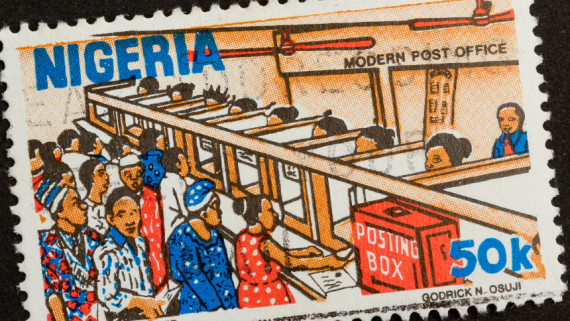

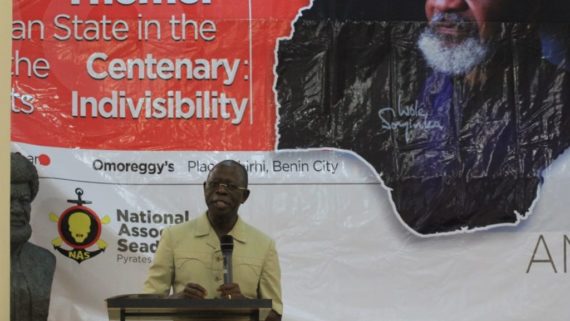
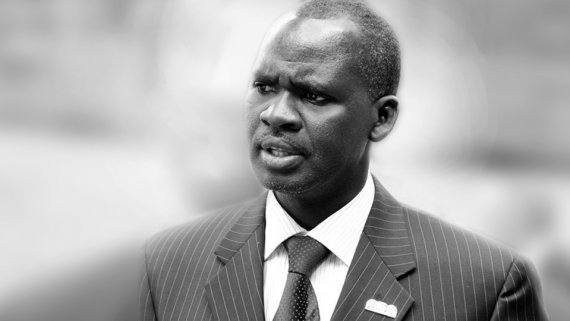
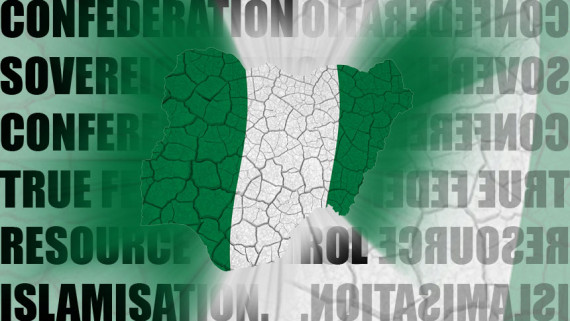
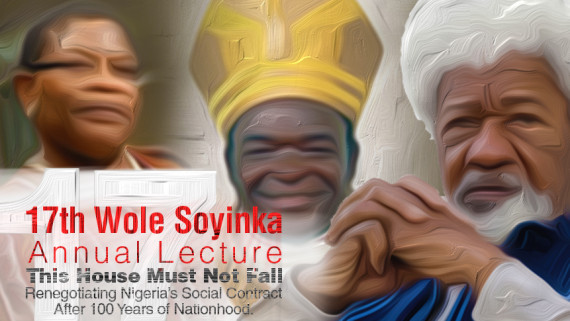
Comments
Comments are closed.